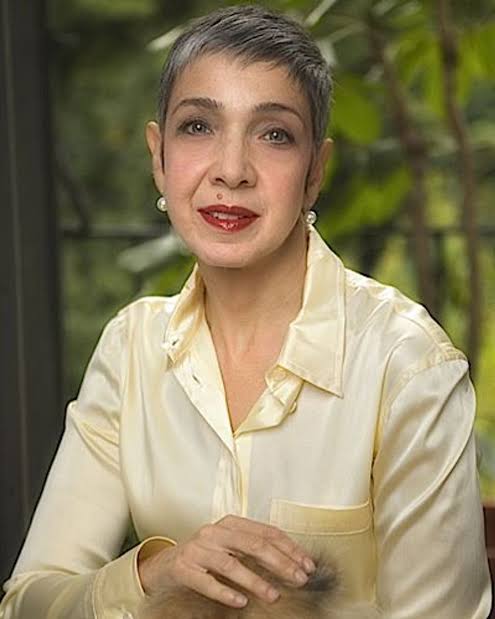
Yona Zeldis McDonough
Inaugural title member, #readatpenparentis
- Group:Authors
Yona Zeldis McDonough
Inaugural title member, #readatpenparentis
When I was young, I didn’t think about becoming a writer. In fact, I was determined to become a ballerina, because I studied ballet for many years, and by the time I was in high school, I was taking seven ballet classes a week. But I was always a big reader. I grew up in Brooklyn, New York, and I used to frequent all the different libraries in my neighborhood on a regular basis. I would look for books by authors I loved. I read my favorite books—ANNE OF GREEN GABLES, A LITTLE PRINCESS, A TREE GROWS IN BROOKLYN—over and over again. I probably read each of those books twenty times in all. I read lots of other things too: I loved comic books and magazines, like Mad and Seventeen. But when you are reader, you just need to read. Sometimes you read books that change your life, like OF MICE AND MEN, which I read–and adored– when I was in sixth grade. Other times, you read the latest adventures of Betty and Veronica. You’ll read a three-day old newspaper days or the back of the cereal box if that’s all that there is available, because readers just need to read. So I kept reading, and I kept dancing too, though by the time I was a senior in high school, it was pretty clear to me that I was neither talented nor driven enough to become a professional ballet dancer and I stopped taking lessons and went off to college instead.
As a student at Vassar College, I never once took a writing course. I was not accepted into the poetry workshop I applied to, so I avoided all other writing classes, and instead focused on literature, language and art history, which was my declared major. I was so taken with the field that I decided to pursue my studies on a graduate level. I enrolled in a PhD program at Columbia University where I have to confess that I was miserable. I didn’t like the teachers, the students or the classes. I found graduate school the antithesis of undergraduate education; while the latter encouraged experimentation, growth, expansion, the former seemed to demand a kind of narrowing of focus and a rigidity that was simply at odds with my soul. It was like business school without the reward of a well-paying job at the end. Everyone carried a briefcase. I too bought a briefcase, but since I mostly used it to tote my lunch and the NYT crossword puzzle, it didn’t do much for my success as a grad student. But I have to thank the program at Columbia for being so very inhospitable, because it helped nudge me out of academia, where I so patently did not belong, and into a different kind of life. I was allowed to take classes in other departments, and by now I was recovered from my earlier rejection so I decided to take a fiction writing class—also, the class was open to anyone; I didn’t have to submit work to be accepted. This class was my aha! moment. The light bulb went off for me when I took that class. Suddenly, I understood what I wanted to do with my life. Now I just had to find a way to make a living while I did it.
I finished out the year at Columbia, got a job in which I had no interest whatsoever, and began to look for any kind of freelance writing that I could find. In the beginning, I wrote for very little money or even for free: I wrote for neighborhood newspapers, the alumni magazine of my college. I wrote brochures, book reviews, newsletters—anything and everything that anyone would ask me to write. I did this for a long time and eventually, it worked. I was able to be a little choosier about what I wrote, and for whom I wrote it. And I was able to use my clips to persuade editors to actually assign me articles and stories, instead of my having to write them and hope I could get then published.
But all the while I was writing articles and essays, I was also writing the kind of fiction—short stories, a novel—that had interested me when I was still a student at Columbia. And eventually I began to publish this work too. I’ve written seven novels for adults and an eighth under a nom de plume. Several of these were set in Brooklyn, where I presently live with my husband, photographer Paul McDonough, as well as two yappy and highly indulged Pomeranians. The Brooklyn of my childhood–which I remember as a sleepy, provincial backwater, a perpetual Sunday afternoon in August–has undergone a radical transformation, and turned into the very incarnation of cool, a place where busloads of tourists from Paris and Berlin descend with astonishing frequency. I could never have imagined this change but I’m enjoying it just the same. Betty Smith told us that a tree grew in Brooklyn; for me, that tree has been rich with fruit.
